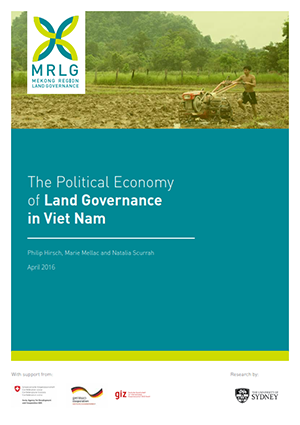What makes a disaster even more disastrous? Disaster Reduction is possible.
2005 was a year of natural disasters.The impacts of the tsunami in the Indian Ocean, Hurricanes Katrina and Stan, and the Pakistan earthquake prompted calls for better disaster prevention and preparedness systems. Nature's power renders us impotent, but human actions and omissions are clearly worsening the impacts of disasters in some cases.This is where risk reducing measures must lock in, as the last fifteen years of international disaster risk management show.




